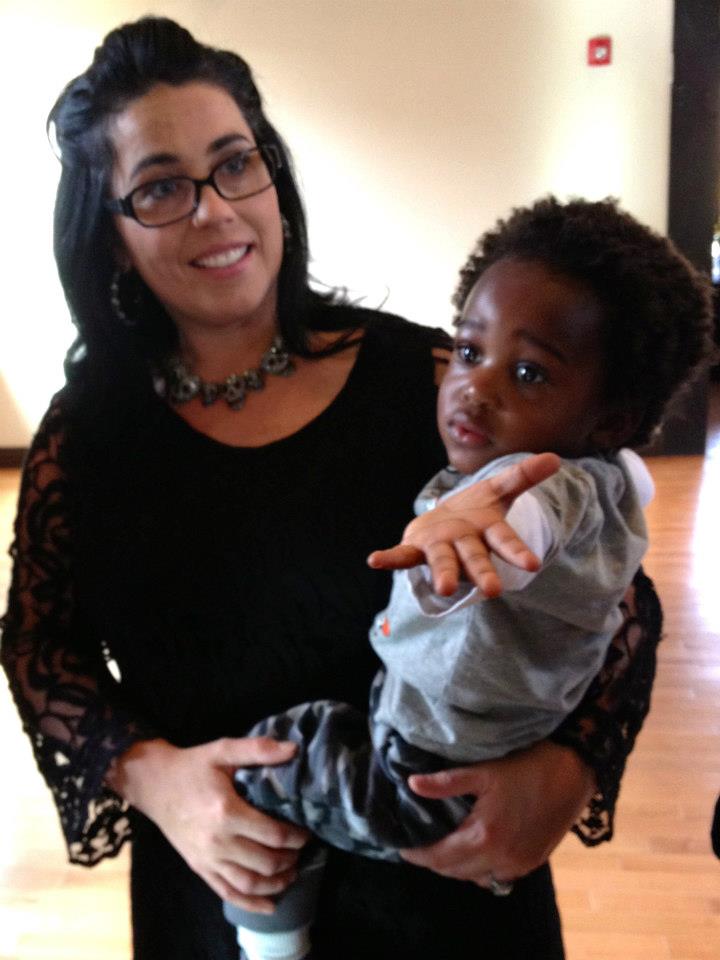 I am Caucasian but my boys are African. We live in the same community, same neighborhood, same home and same family, but we are seen very differently.
I am Caucasian but my boys are African. We live in the same community, same neighborhood, same home and same family, but we are seen very differently.
While I have had years to see different color skin, my boys are not quite two years old and can’t see the difference yet. Well, at least cannot articulate that they see a difference. I often wonder when they will first say something about how my skin looks different than their skin. I then wonder if I will respond with wisdom or without. I even practice my responses to various questions regarding skin color. I am hoping practice makes perfect and when those questions arise, I will be ready and prepared. I think being prepared is a majority of the battle at times.
International adoption has changed racial boundaries and the composition of the “traditional” family that all looked alike. International adoption has created a new family portrait for many, one that has different shades of pink, peach, brown, yellow, and black skin tones.
I adopted from the Democratic Republic of Congo (DRC) and have a child from Nicaragua that spends part of the year with us. When our family of three Caucasian girls, one Latino girl and two African boys is out in public -people notice. I often believe that when they notice they are amused, curious and supportive. But I know some are not. I have been shocked at the questions and comments… not that they were negative but often they are uneducated.
The following are just a few comments I found interesting:
- Are they adopted?
- Do they speak English (interesting the times it was asked when they were between 5-8 months old since like any other children, they are aren’t yet talking);
- Are they brothers? (of course! – doesn’t matter if by blood or not)… they are brothers;
- Where are they from? “Africa”
- Do they have AIDS? “What? Do you?” Yeah, how would they have felt if they were asked the same question. Would they have asked if they were Caucasian, Latino or Asian?
I have also heard that Americans should adopt here (U.S.) or not adopt outside of their own racial ethnicity. I advocate and promote all adoption options. I have learned that adoption is a personal choice for your family. You may be drawn to adoption through foster care or adoption from Bulgaria. Your family, your faith and your own personal feelings are your reasons for adoption. If your family decides to adopt from Samoa or U.S. domestic or adoption from Africa, that is your family’s decision, not mine.
If you question whether a family should adopt a child of a different race think about this information: If every African-American family in the U.S. adopted an orphan from Africa, there would still be more than 50 million orphans without families. In the Democratic Republic of Congo (DRC), there are over four million orphans and without all ethnicities adopting, we cannot help these countries with their orphan crisis. Not to mention, I believe my multi-ethnic family is how God intended my family portrait. It looks like heaven – all different faces and races. It is my personal decision, it is my family and isn’t it beautiful.
For more information about international adoption, click here.
